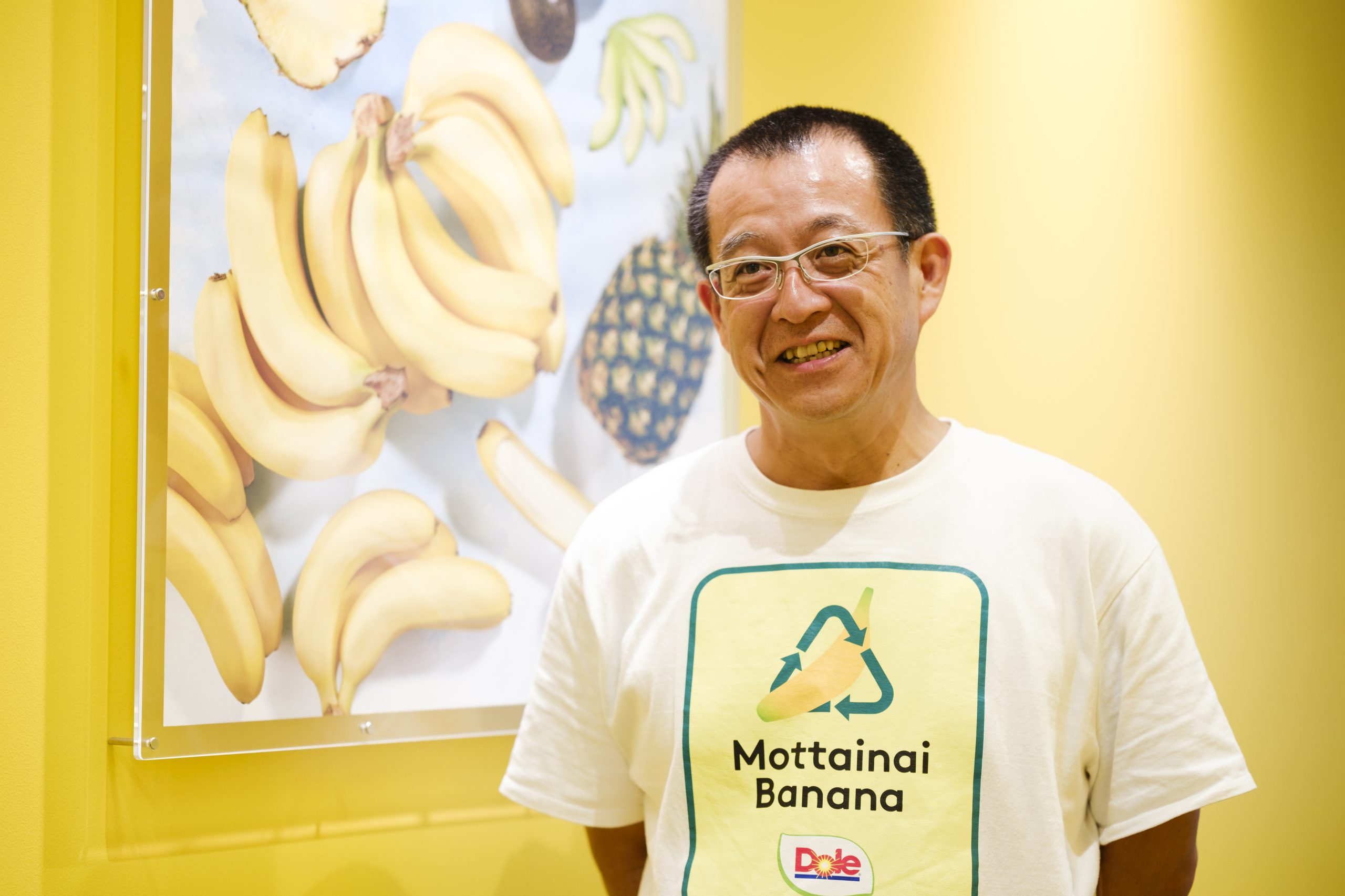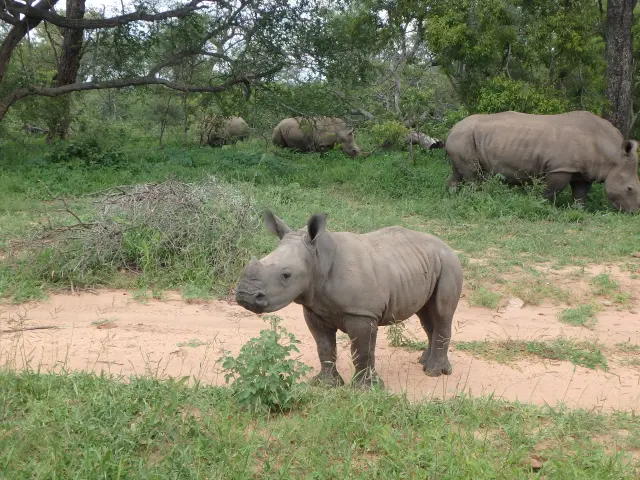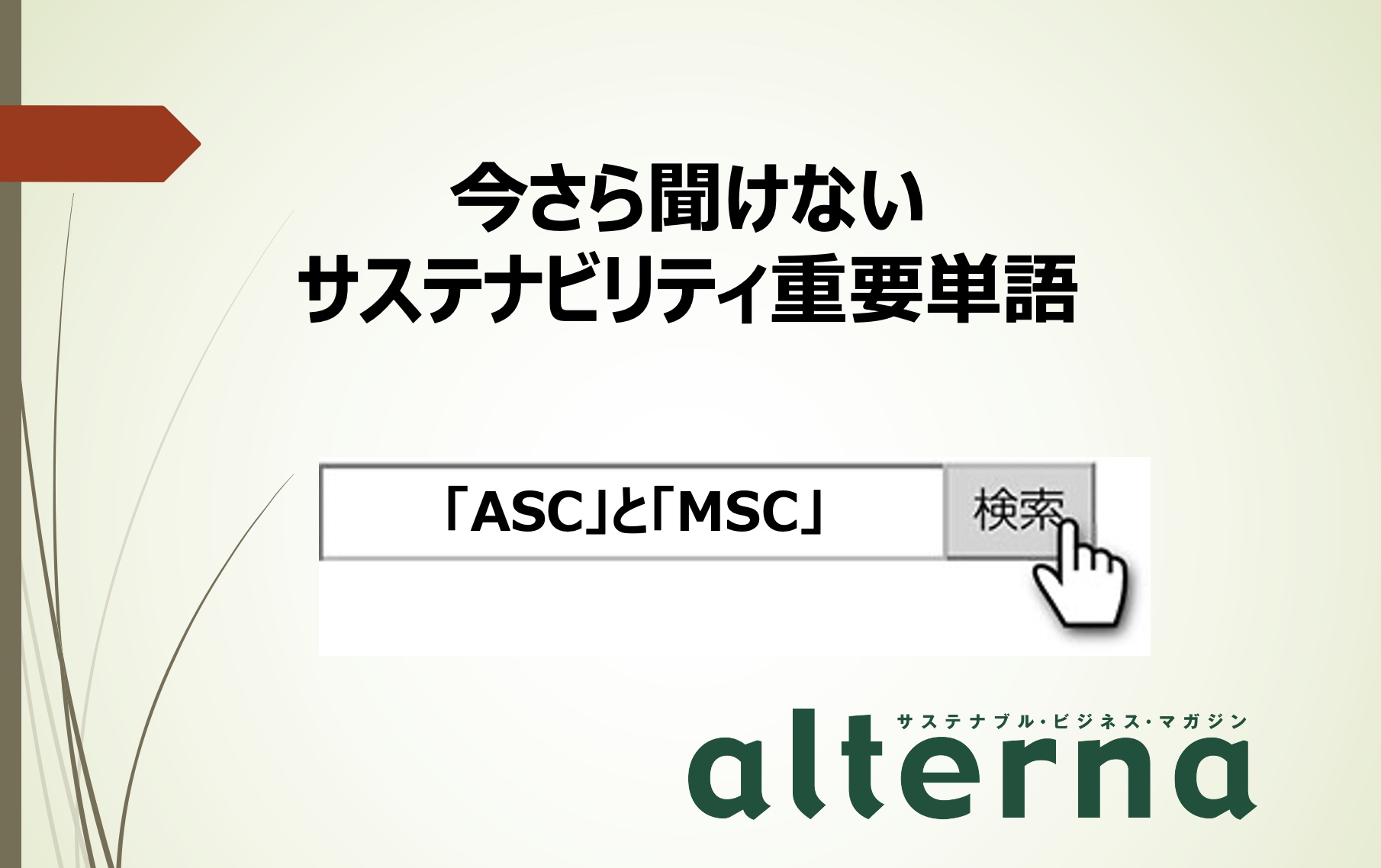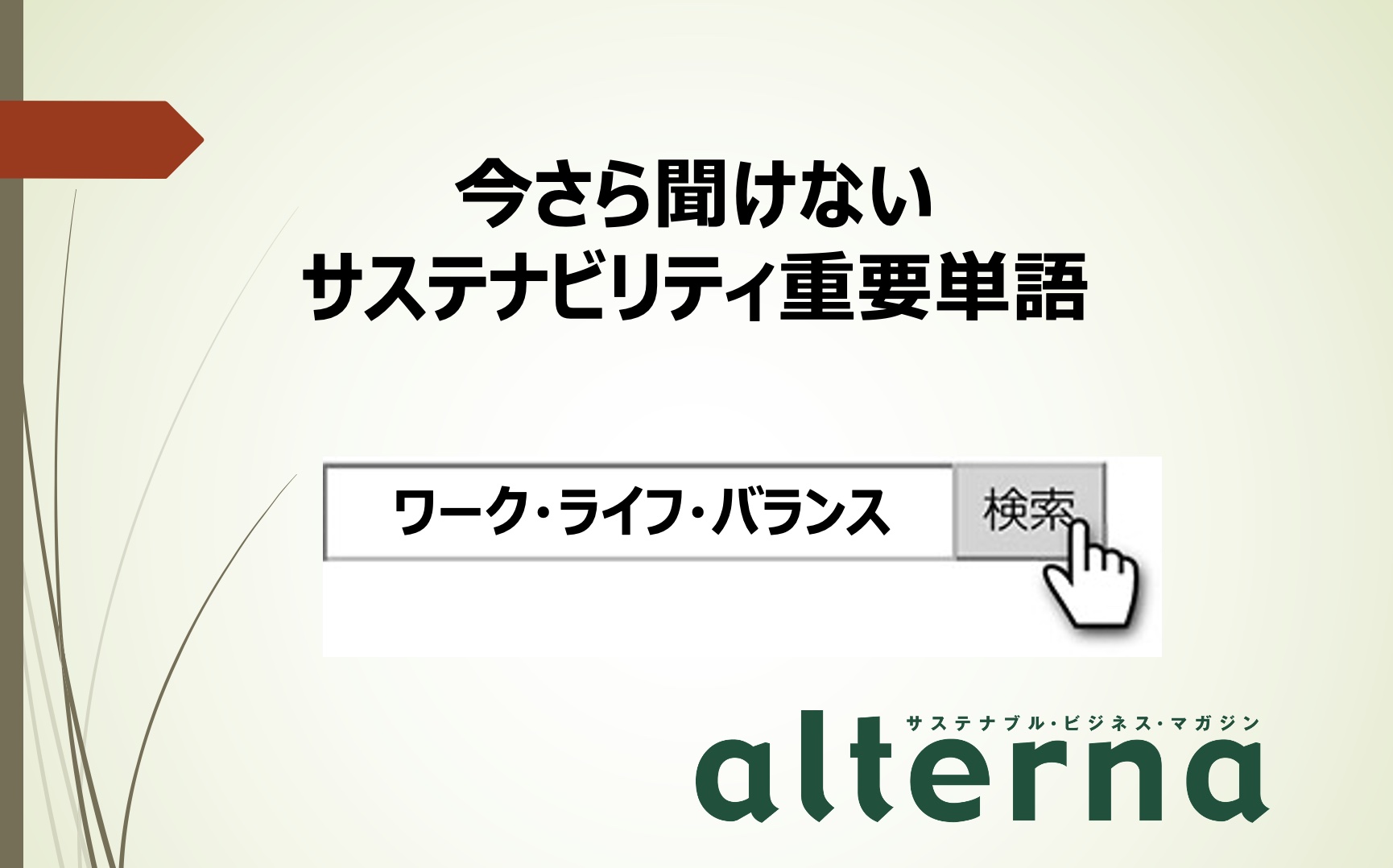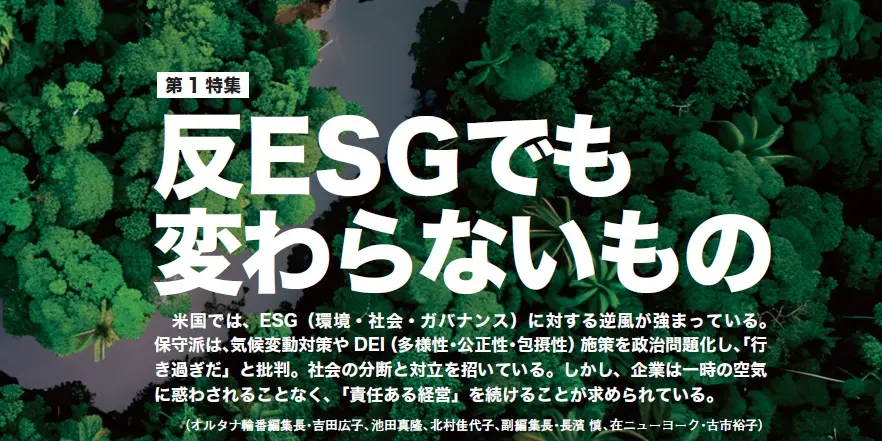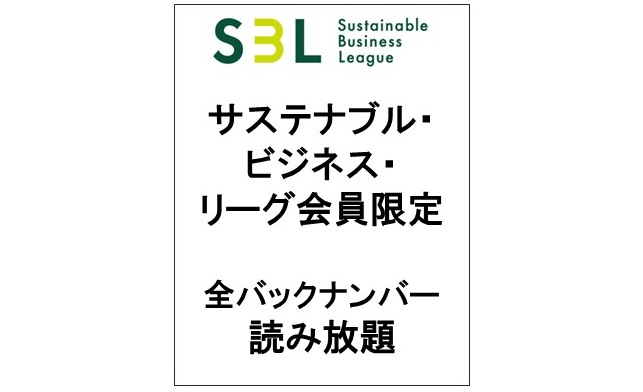光の春、桜前線の予想が聞かれる頃となりました。
今月はLesson 2 “Biodiversity” 「生物多様性」を読みます。専門的な語彙が多く、馴染みが薄く感じるかもしれませんが、この機会に覚えておきましょう。
【語注】
species 種
genetic 発生の、遺伝の
conservation 保護、保存
endanger 危険にさらす
habitat 生息地、生息環境、居住地
overfishing 魚の乱獲
inscribe 刻みこむ
gene 遺伝子
pollution 汚染、公害
nutritional 栄養の
calculate 計算する、判断する、予測する
magnitude 大きさ、重要さ
underpin 支持する、下から支える
extract 引き出す、抽出する
certified 認証された
deforestation 森林破壊
■企業はなぜ生物多様性に取り組む必要があるのか
It has been more than 10 years since the concept of biodiversity was recognized as an important issue for corporate CSR activities and environmental management in Japan. However, some managers say that they don’t know what to do about biodiversity, or that it has nothing to do with their company. Others in Japan and abroad realize that biodiversity is important for corporate management and began to take advantage of it and improve their business activities.
【訳】
日本で生物多様性が企業のCSRや環境経営の課題として認識されるようになってから10年以上がたちました。しかし経営者のなかには「生物多様性といっても何をしたらいいのかわからない」とか「自社とは関係がない」というむきもあります。一方で、生物多様性が企業経営にとって重要な課題であることに気づいた国内外の企業経営者らは、これを事業活動に活かすようになってきています。
some~~, other === は「~もあれば、==もある」。
take advantage of は「~をうまく利用する、活用する」。悪い意味で(「悪用する、便乗する」等)使うこともあるので注意してください。
In this section, we are going to explain why companies need to take action on biodiversity and what kind of action they need to take. Biodiversity is a concept that summarizes the diversity of species on Earth, their genetic diversity within a single species, and ecosystems consisting of both living and non-living things. In recent years, the increase in the number of endangered species and other threats to biodiversity all over the world have made biodiversity conservation an international issue. It is critical to note that it is not simply a matter of contributing to the conservation of endangered species through donations or other means.
【訳】
本項では、企業がなぜ生物多様性に取り組む必要があるのか、どのような取り組みが必要なのかを解説します。生物多様性とは、地球上には様々な生物種が存在し、ひとつの種の中にも遺伝的な多様性が存在し、また生物と非生物からなる生態系も多様である、ということをまとめた概念です。近年、絶滅危惧種の増加をはじめ、生物多様性が地球上のいたるところで脅かされていることから、生物多様性の保全が国際的な課題となっています。単に「絶滅危惧種の保全のために寄付などで貢献する」という問題ではない点に注意することが必要です。
take action は「行動を起こす、取り掛かる」。
Take action on で「~について行動を起こす」となります。
endangered species 「絶滅危惧種」。
■企業活動が原因で生物多様性が脅かされている
The main causes of the present situation of biodiversity are as follows: 1) habitat destruction; 2) overfishing; 3) climate change and the relating environmental damage; 4) pollution from chemical substances and other factors; 5) the introduction of non-native species. All of these are related to human activities, and the impact of corporate activities in particular is far greater than any other cause. Thus, companies must reduce their impact on biodiversity, not only within their own companies but also throughout their supply and value chains.
【訳】
そもそもなぜ生物多様性が失われつつあるのでしょうか。主な原因は 1)生息地が破壊される 2)乱獲される 3)気候変動が進行して被害を受ける 4)化学物質などによる汚染が拡大する 5)外来種が導入され増加する などです。これらはいずれも人間活動にかかわるものであり、とくに企業活動による影響はほかの原因より圧倒的に大きくなっています。ですから企業は、自社はもちろんサプライチェーンやバリューチェーン全体で、生物多様性に与える影響を削減しなければなりません。
habitat は「生息地」ですが、似た単語としてinhabit は「(人や動物がある場所に)居住する」、habitant は「生息する人」「居住者」となります。
non-native speciesは「外来種」native speciesは「在来種」です。
There are still many people in Japan who doubt about the idea. They often say, “Maybe it’s ethically right, but why should companies take this issue so seriously?” They wonder if it is enough that companies just donate to nature conservation activities and engage in tree planting activities with employee participation, as they have done in the past. This is a big mistake because corporate activities are highly dependent on biodiversity.
【訳】
日本には、まだこの考えに疑問を持つ人が多く、「倫理的にはそうかもしれないが、なぜ企業がこの問題にこれほど真剣に取り組まなければならないのか」と言ったりもします。「これまでのように、自然保護活動に寄付をしたり、社員参加の植林活動をしたりしていればいいのではないか」と考えているのですが、これは大きな間違いです。というのも、企業活動は生物多様性に大きく依存しているからです。
Genetic resources, which are the information inscribed in our genes, also help to develop useful products such as medicines, cosmetics and nutritional foods. The diversity of organisms and ecosystems in each region creates local culture, history and religion, and is also important as a place for recreational activities such as travel and leisure. As long as business activities depend on biodiversity, businesses cannot continue into the future without it. Recently, the economic value of these functional “ecosystem services” has been specifically calculated, and the magnitude of these functions has shocked the world’s business leaders. In response, some companies are beginning to manage business risks by improving processes that have a high impact on the ecosystem.
【訳】
遺伝子の中に刻まれた情報である遺伝資源は、薬や化粧品、栄養食品など有用な商品を開発することに役立っています。地域ごとの多様な生物や生態系は地域の文化や歴史宗教をつくり、また旅行などレクリエーションの場としても重要です。このように企業活動が生物多様性に依存している以上、それなしにビジネスは続かないのです。最近ではこうした機能「生態系サービス」の経済的価値が具体的に算出されるようになり、その大きさが世界のビジネスリーダーに衝撃を与えました。そのため、生態系への負荷が高いプロセスを改善することでビジネスリスクを管理する企業も現れています。
Genetic resources 「遺伝資源」は、国立遺伝学研究所のサイトによれば以下のように説明されています。
生物多様性条約および名古屋議定書においては頻繁に使用される。1993年に発効された生物多様性条約においては、『「遺伝資源」とは、現実の又は潜在的な価値を有する遺伝素材をいう。「遺伝素材」とは、遺伝の機能的な単位を有する植物、動物、微生物その他に由来する素材をいう』とされている。この事から、「遺伝資源とは、現実の又は潜在的な価値を有する、遺伝の機能的な単位を有する植物、動物、微生物その他に由来する素材」となる。
遺伝資源の利用とは何か? – 国立遺伝学研究所ABS学術対策チーム (idenshigen.jp)
■生物多様性こそ最も重要な「自然資本」
Based on this understanding, leading companies believe that biodiversity is the most important “natural capital” and underpins all corporate activities and as such, their business is more sustainable if they conserve it in a way that minimizes negative impact and increases natural capital. These companies are beginning to rethink not only the way they operate, but also the way they extract and produce raw materials in their supply chains, and are taking on the challenge of reducing their impact on biodiversity to as close to zero as possible. This means that using certified raw materials and avoiding any involvement in deforestation, including in the supply chain, is becoming the new normal.
【訳】
これらの理解を背景に、生物多様性こそ企業活動を支える最も重要な自然資本であるのだから、与える負の影響を最小限にとどめ、むしろ自然資本を増やすように、生物多様性を保全したほうが事業の持続可能性は高まる、と先進企業は考えています。こうした企業は自社の操業方法だけでなく、サプライチェーンにおける原材料の採掘や生産の方法を見直し、生物多様性に与える負荷を限りなくゼロに近づける挑戦を始めているのです。つまり認証原材料を使用したり、サプライチェーンも含めて森林破壊に一切加担しないようにしたりすることが新たな常識になりつつあるのです。
natural capital 「自然資本」は「森林、土壌、水、大気、生物資源など、自然によって形成される資本(ストック)」を意味します。自然資本と経営についてはこちらのサイトがまとまっています。
環境省_平成26年版 図で見る環境・循環型社会・生物多様性白書 状況第1部第3章第4節 グリーン経済を支える自然資本 (env.go.jp)
自然資本/生物多様性とビジネスの統合をはじめとするテーマに取り組むサステナビリティファイナンスの専門家二宮昌恵氏は、「自然資本とビジネスをめぐる取組はまだ始まったばかりであり、手探りとなる点も多いものの、将来的にどのような対応が求められる可能性があるのだろうか。中長期的に自然資本の要素をビジネスに統合していくために、まずはTNFD等のフレームワークを用いて自然資本と自社事業との相互依存関係を把握することが重要である。その上で、金銭的利益のみならず自然資本への負荷も加味した意思決定を行うなど、従来とは異なる価値尺度の導入が必要になるだろう。」と述べ、自然資本の考え方を経営の中に組み込んだ例として米ダウ・ケミカルを挙げています。
企業と自然資本 ―生物多様性をめぐる動き―|日本総研 (jri.co.jp)
日本企業は一般に、自然資本について「余力があれば」取り組むという考え方がありましたが、このように、統合的積極的に本業に組み込むことが求められているのです。
今月はここまでです。また来月お目にかかりましょう。









-1-scaled.jpg)
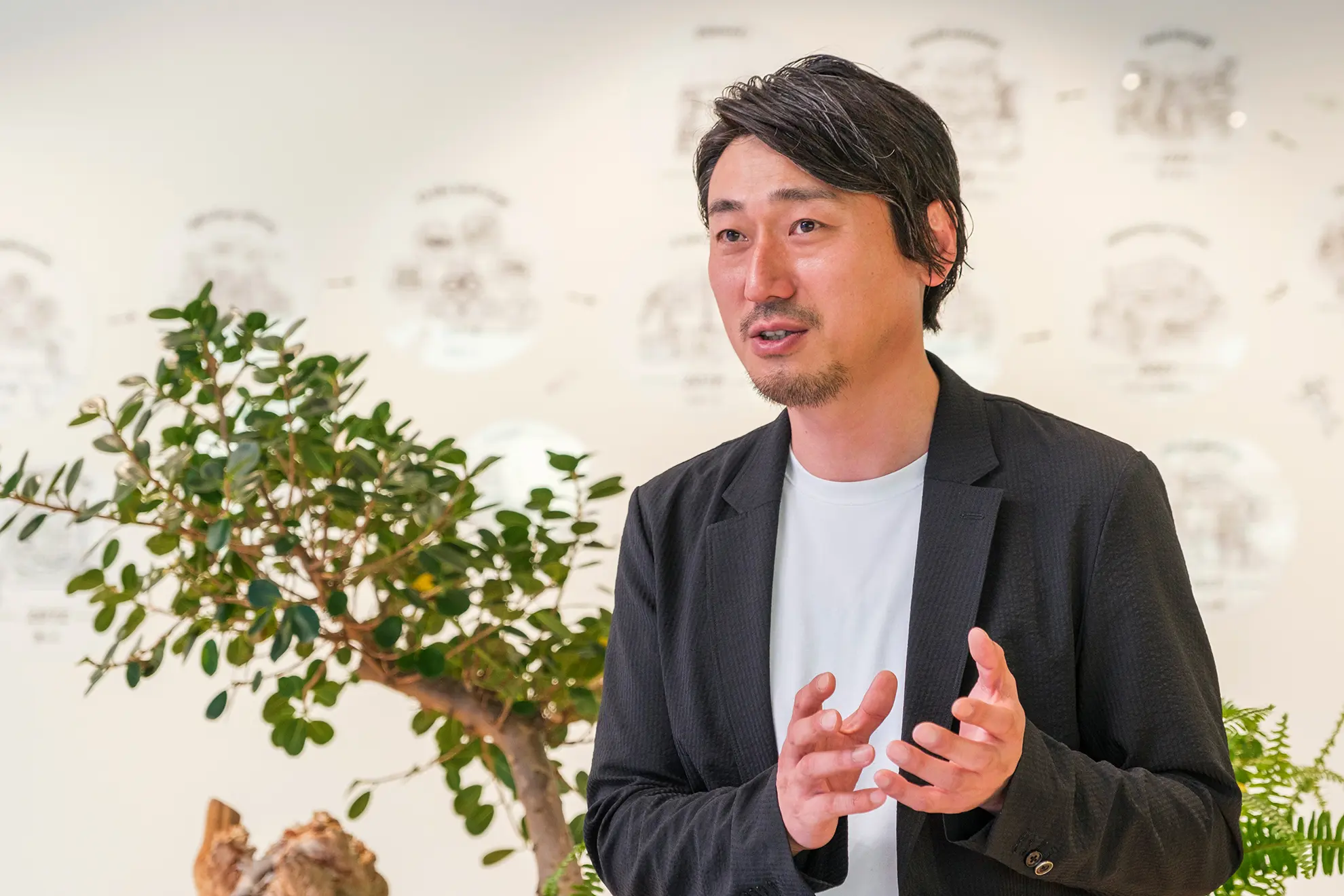
-scaled.jpg)


